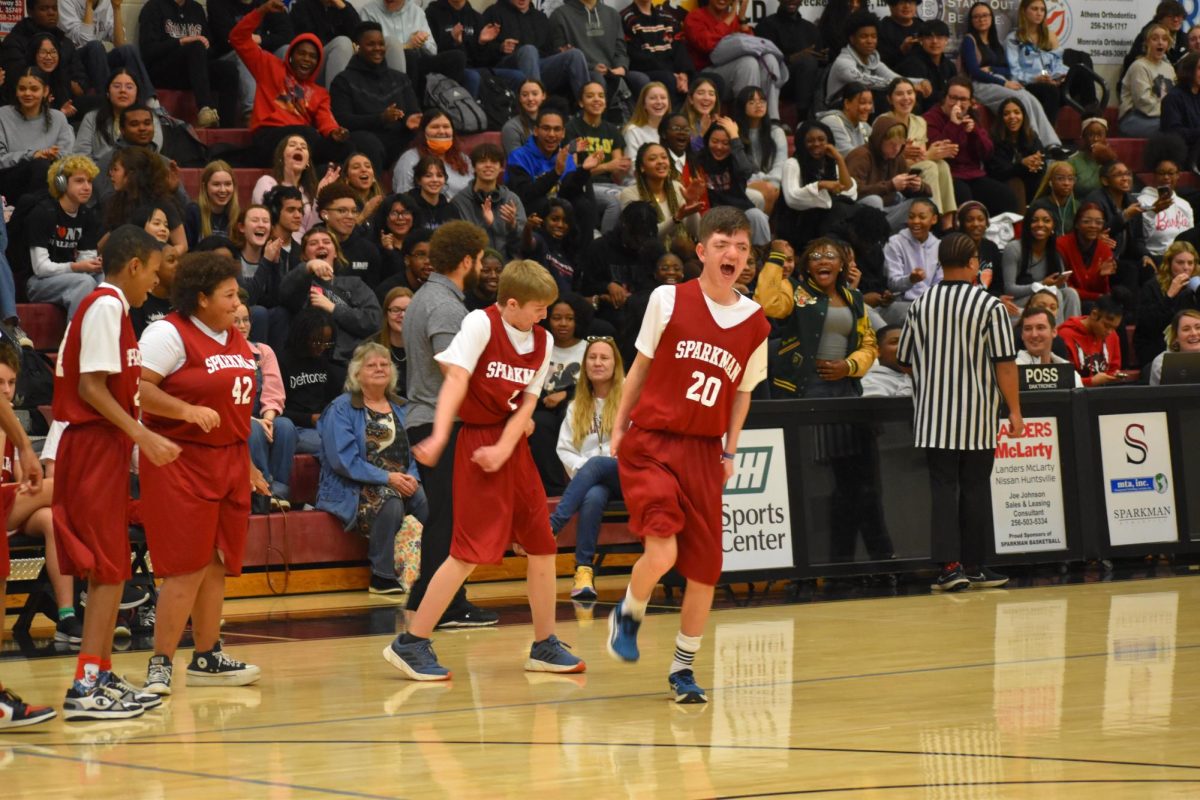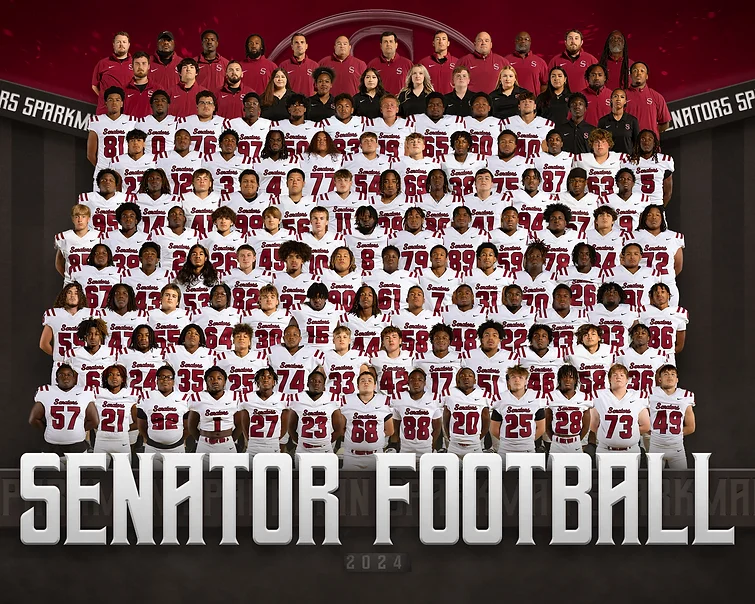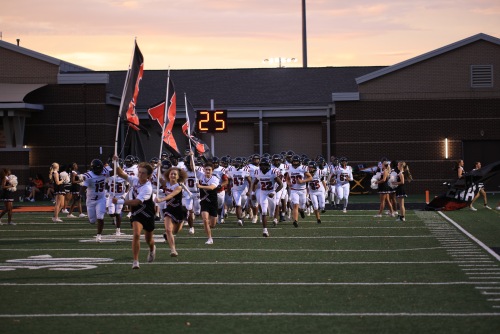Across the nation, men’s volleyball is becoming more and more popular. Though more common in the north United States, the Southeast is slowly growing with teams in clubs for boys.
Men’s volleyball is only recognized as a high school sport in 36 states, however club volleyball for men is more accessible for athletes that can’t play school ball. Club is also more competitive and offers more opportunities for tournaments, travel options and more.
“I think guys are coming to realize that volleyball isn’t a ‘girls sport’. It’s an intense game with lots of energy that anyone can learn and love,” coach and former player Austin Craddock said. “The original history of volleyball actually defines that it was created for business men that were interested in a less contact heavy sport than basketball.”
Men’s volleyball is a rare find for colleges in the United States, with 23 campuses offering division I level, 25 offering division II and 107 offering division III programs. This means that with thousands of athletes across the country, very few will get a chance to play at a collegiate level.
“The men’s game is a lot faster than the women’s game. Some D1 men’s players can serve the ball upwards of 75 mph. Men hit harder, jump higher, etc. The men’s game is more about power and skill vs the women’s game is about refinement and skill, but power comes into play too of course,” Craddock said.
In states that don’t offer volleyball for high school boys, the most exposure that an interested player might get is watching his sister play on her school team. Since boys club volleyball is new in most southern states, the majority of athletes don’t have the advantage of starting at a young age like those in the North do.
“I’ve always loved volleyball because I would play with my sisters when they played school and club. Deep down I knew I wanted to play and the moment I heard there was a team close to me I jumped at the opportunity,” United volleyball athlete Will Fowler said.
Not only does volleyball provide athletic activity, it also provides social interaction. Boys find much needed companionship on their own teams or even another team or club. Lifelong friendships and opportunities are just some of the rewards that can be reaped from boy’s volleyball.
“My dad wasn’t a big part of my life growing up and I often times struggled with my male peers. Playing on a men’s team gave me a way to create a brotherhood with a lot of guys that I have in my life today,” Craddock said.
Men’s volleyball is a growing sport with more and more teams registering every year. Some clubs like C2 Attack, A5, and K2 have had men’s teams for years and have established their reputations as some of the best clubs for boys in the nation. United Volleyball of Huntsville, AL recently started a boys team in 2022. Men’s volleyball is one of the oldest sports in the nation and is now one of the fastest growing sports. High school participation for boys has increased 40% since 2017.
,” beach and boys indoor coach Aaryn Lee said.
Another benefit of boys volleyball is the versatility of the type of conditioning players receive from it. Athletes from all kinds of sports can gain from playing volleyball. Baseball players can get faster arm swings, soccer players can increase their stamina and basketball players can improve their vertical jump, to name a few examples. Volleyball is truly a lifelong sport for those who have a passion for it. Youth leagues can start at young ages below double digits and older leagues can go into the 70 and older age range. Volleyball is easy to learn, takes a lifetime to master and is an incredibly rewarding process throughout.
“Most of the male players started playing in or after college, and most have communicated that they wish they could have played as a junior. I’ve witnessed firsthand the positive impact volleyball has on individuals and communities. My goal is to extend these opportunities to more boys, fostering a supportive environment for their growth in the sport,” Lee said.









